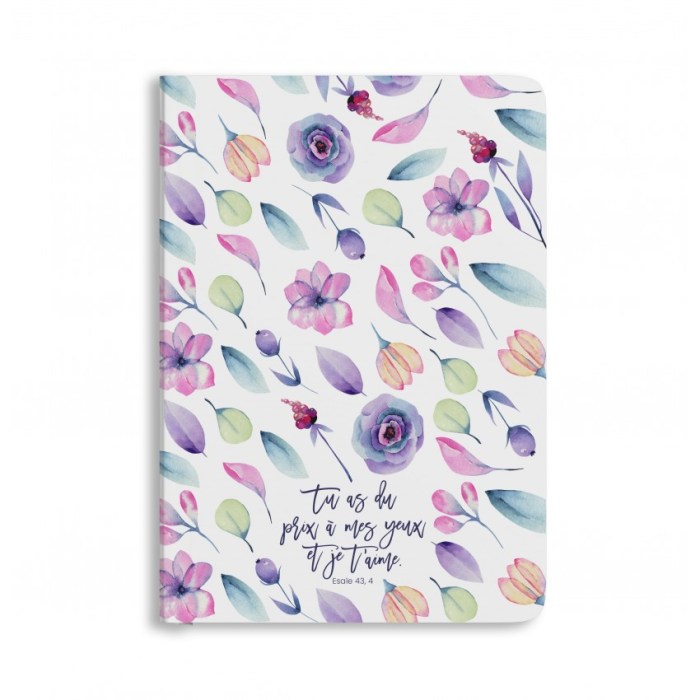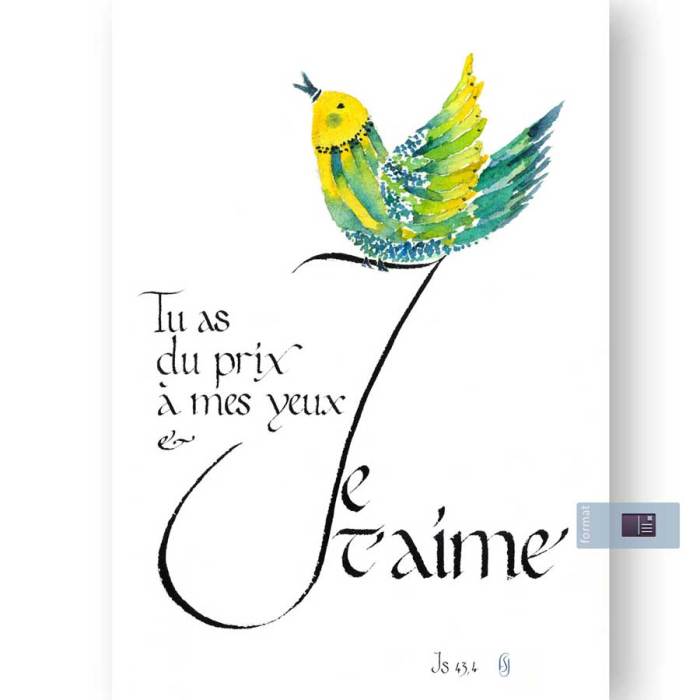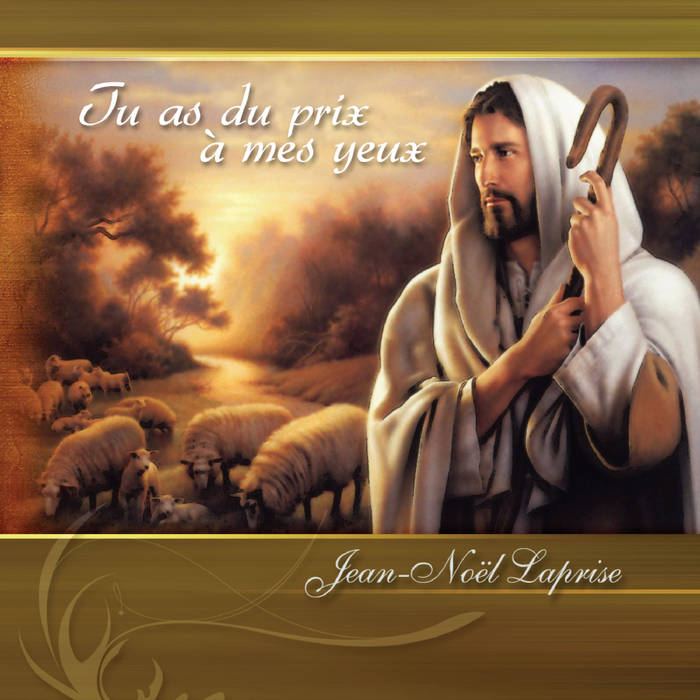Tu es précieux à mes yeux et je t’aime – As “Tu es précieux à mes yeux et je t’aime” takes center stage, this opening passage beckons readers into a world crafted with academic rigor and authoritative tone, ensuring a reading experience that is both absorbing and distinctly original.
This exploration delves into the profound emotional implications of this phrase, tracing its historical origins and cultural variations. Linguistic analysis unravels the grammatical structure and word choice, revealing the rhetorical devices that enhance its impact.
Emotional Significance of the Phrase

The phrase “You are precious to me and I love you” carries immense emotional weight, expressing profound affection, admiration, and gratitude. It signifies a deep connection and a high regard for the recipient.
This phrase conveys the speaker’s feelings of endearment, cherishment, and appreciation. It acknowledges the value and importance of the other person in their life, fostering a sense of intimacy and belonging.
Cultural and Historical Context
The phrase “You are precious to me and I love you” has a rich cultural and historical background. Variations of this expression have been used across different cultures and time periods.
In ancient Egypt, the phrase “My beloved is precious to me” was inscribed on love poems and amulets, symbolizing the deep bond between lovers. In medieval Europe, knights and troubadours expressed their adoration through songs and poems containing similar sentiments.
Over time, the phrase has evolved to become a universal expression of affection, transcending cultural and geographical boundaries.
Linguistic Analysis
The phrase “You are precious to me and I love you” is grammatically simple yet emotionally potent. The use of the personal pronoun “you” establishes a direct connection between the speaker and the recipient.
The adjective “precious” conveys a sense of value and worthiness, while the verb “love” expresses a deep emotional attachment. The conjunction “and” connects these two ideas, emphasizing the inseparable nature of the speaker’s feelings.
Impact on Relationships
Expressing the phrase “You are precious to me and I love you” can significantly strengthen emotional bonds and foster intimacy. It creates a sense of mutual understanding, trust, and respect.
When used genuinely and reciprocated, this phrase can deepen relationships, resolve conflicts, and heal emotional wounds. It serves as a reminder of the value and importance of the other person, nurturing a positive and lasting connection.
Ethical Considerations, Tu es précieux à mes yeux et je t’aime
While the phrase “You are precious to me and I love you” is generally a positive and uplifting expression, it is important to consider its ethical implications.
Using this phrase insincerely or manipulatively can have detrimental effects. It should be expressed only when genuinely felt, with the intention of fostering a meaningful connection rather than seeking personal gain.
Essential FAQs: Tu Es Précieux à Mes Yeux Et Je T’aime
What is the historical origin of the phrase “Tu es précieux à mes yeux et je t’aime”?
The phrase has its roots in ancient Greek and Roman cultures, where it was commonly used to express deep affection and admiration.
How does the phrase “Tu es précieux à mes yeux et je t’aime” convey gratitude?
By emphasizing the preciousness of the recipient, the phrase implies a deep sense of appreciation and thankfulness for their presence in one’s life.
What are some examples of how this phrase has been used in literature?
The phrase has been immortalized in countless works of literature, including Shakespeare’s sonnets, Jane Austen’s novels, and Emily Dickinson’s poetry.


